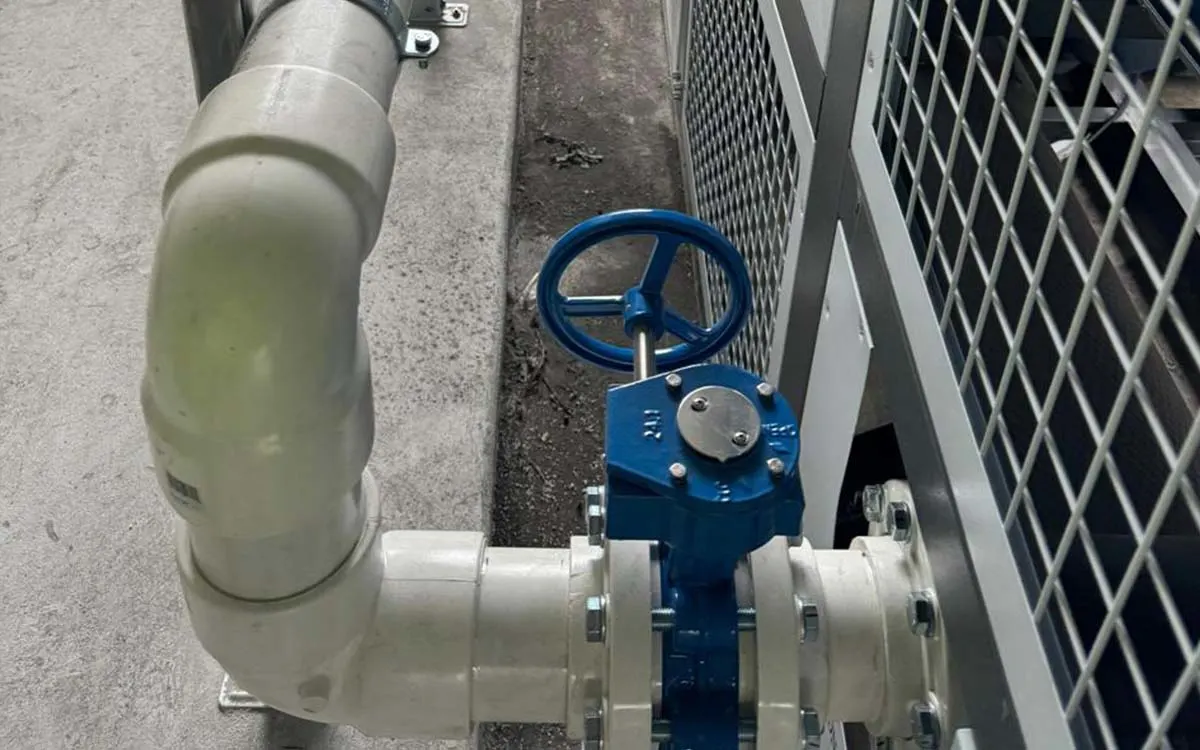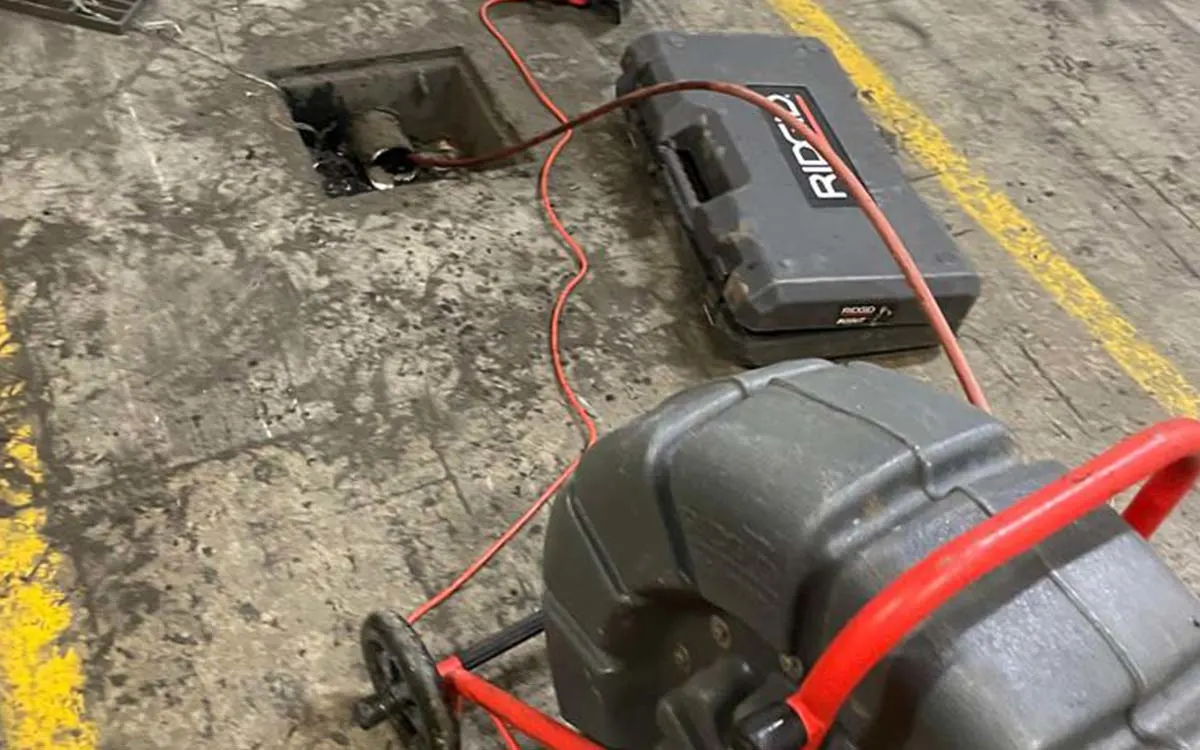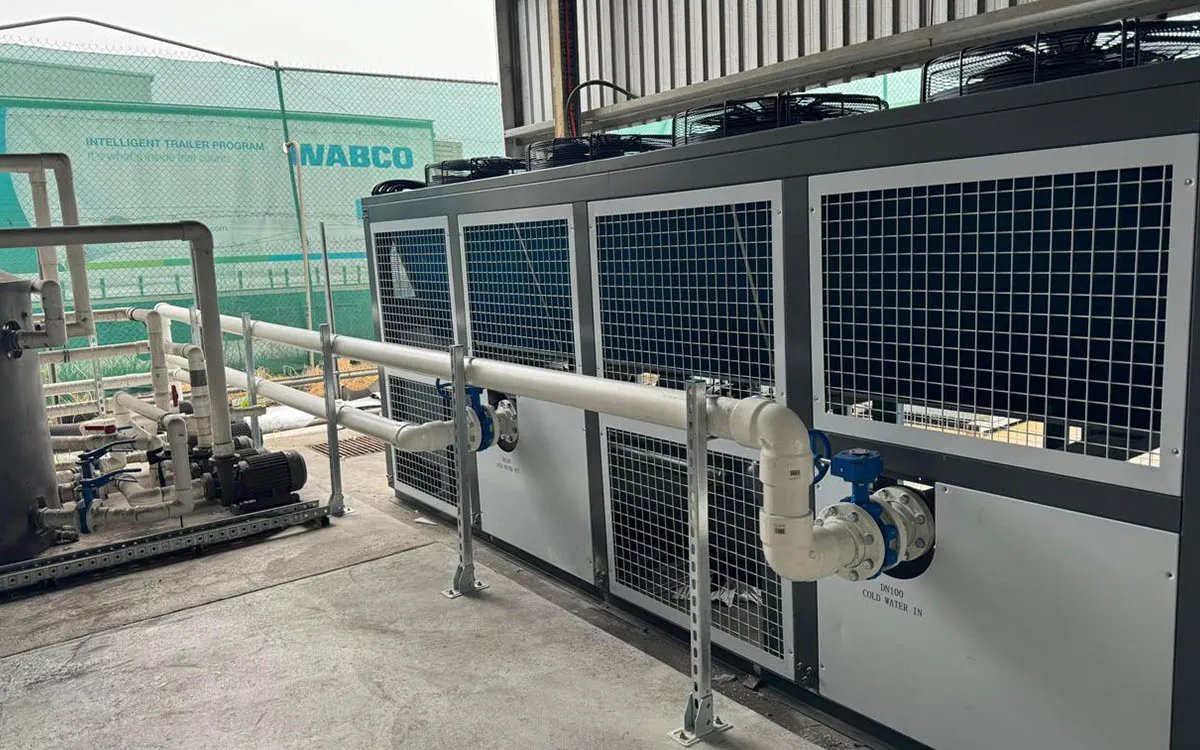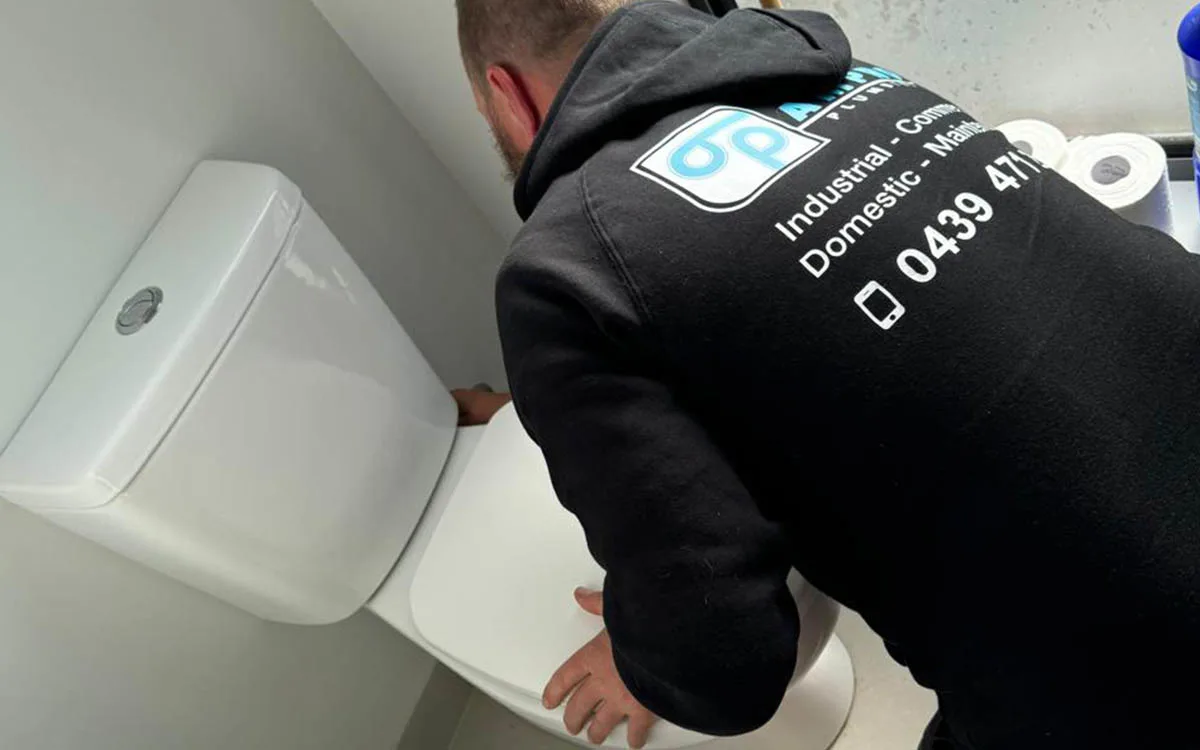When it comes to plumbing issues, homeowners often face the daunting task of identifying the source of the problem. Traditional methods of diagnosing plumbing...
Dealing with Burst Pipes and Water Leaks: A Homeowner’s Guide
Water leaks and burst pipes are among the most dreaded plumbing problems homeowners can face. They not only cause significant water wastage but can also lead to severe damage to your property. Knowing how to handle these emergencies can save you time, money, and stress. This comprehensive guide will walk you through the steps to identify, manage, and prevent burst pipes and water leaks.
Why Do Pipes Burst?
Understanding the root causes of burst pipes can help prevent future incidents. Here are some common reasons why pipes burst:
- Freezing Temperatures: When water inside the pipes freezes, it expands and creates pressure. This pressure can eventually cause the pipe to burst.
- Corrosion and Aging: Older pipes made of materials like galvanized steel can corrode over time, leading to weak spots that can crack or burst.
- High Water Pressure: Excessively high water pressure can strain your pipes, causing them to fail.
- Clogged Pipes: Blockages can increase pressure within the pipes, leading to bursts.
- Ground Movement: Shifting soil or underground movements can place stress on your pipes, causing them to crack or break.
Identifying Water Leaks and Burst Pipes
Knowing how to spot early signs of water leaks or burst pipes can save you from extensive damage. Here’s what to watch out for:
- Water Stains: Look for discoloration on walls, ceilings, or floors, as this may indicate a hidden leak.
- Unusually High Water Bills: A sudden spike in your water bill without increased usage is a tell-tale sign of a leak.
- Damp or Wet Spots: Check for puddles or damp patches in your home, especially in areas near plumbing.
- Low Water Pressure: A drop in water pressure could indicate a leak or burst pipe somewhere in your plumbing system.
- Unpleasant Odors: Musty or moldy odors can be a sign of water leaks that have gone undetected for a while.
What to Do When a Pipe Bursts
If you discover a burst pipe in your home, act quickly to minimize damage:
- Shut Off the Water Supply: The first step is to locate the main water shut-off valve and turn it off to prevent more water from flooding your home.
- Drain the Faucets: Open all faucets to drain the remaining water in the pipes. Start with the cold taps, then move to the hot water taps.
- Turn Off the Electricity: If the burst pipe is near electrical outlets or appliances, switch off the electricity to avoid potential electrical hazards.
- Contain the Leak: Use buckets, towels, or rags to contain the leaking water. If possible, use a pipe clamp or rubber piece as a temporary fix to stop the leak until professional help arrives.
- Call a Licensed Plumber: Contact a plumber as soon as possible to repair the burst pipe and assess the extent of the damage.
Dealing with Water Leaks
For smaller leaks, take these steps to control the situation:
- Locate the Leak: Identify the source of the leak by checking visible plumbing lines, fittings, and appliances.
- Shut Off the Water: Turn off the water supply to the affected area or the entire house if necessary.
- Temporary Fixes: Use plumber’s tape, epoxy putty, or a hose clamp to patch up small leaks until you can get professional assistance.
- Monitor the Area: Keep an eye on the affected area for further leaks or damage.
Preventing Burst Pipes and Water Leaks
Taking preventive measures can help you avoid the hassle and expense of burst pipes and leaks:
- Insulate Pipes: During colder months, insulate exposed pipes, especially those in unheated areas such as basements, attics, and garages.
- Maintain a Steady Temperature: Keep your home at a consistent temperature, even when you’re away, to prevent freezing pipes.
- Check for Corrosion: Regularly inspect your pipes for signs of rust, corrosion, or wear and tear.
- Monitor Water Pressure: Invest in a water pressure gauge to ensure your home’s water pressure stays within a safe range (40-60 psi). High pressure can be regulated with a pressure-reducing valve.
- Address Leaks Promptly: Fix small leaks as soon as you notice them to prevent them from becoming bigger problems.
- Regular Plumbing Inspections: Schedule annual plumbing inspections with a licensed plumber to identify potential issues before they escalate.
What to Do if Your Home is Flooded
A burst pipe can cause extensive flooding in a short period. Here’s what to do if your home is affected:
- Safety First: Turn off electricity if water is pooling near outlets or appliances.
- Remove Water Quickly: Use a wet/dry vacuum, mop, or towels to remove standing water as soon as possible to prevent further damage.
- Dry Out the Area: Use fans, dehumidifiers, and open windows to dry out the affected area and prevent mold growth.
- Document the Damage: Take photos of the damage for insurance purposes, and contact your insurance company to start the claims process.
When to Call a Professional Plumber
While some minor leaks can be handled with DIY solutions, it’s essential to know when to call a professional:
- Burst Pipes: Always contact a plumber immediately if you experience a burst pipe.
- Multiple Leaks: If you notice several leaks in your home, it could indicate a more serious plumbing issue that requires professional attention.
- Low Water Pressure: Consistent low water pressure may be a sign of a hidden leak or blockage that needs expert diagnosis.
- Unpleasant Odors: Persistent foul odors from your drains or pipes indicate a potential plumbing issue that a plumber should investigate.
Conclusion
Dealing with burst pipes and water leaks can be a daunting task, but being prepared can make all the difference. By following this guide, you’ll be equipped to handle these emergencies swiftly and efficiently, minimizing damage to your home. Remember, prevention is always better than cure, so regular maintenance and inspections are key to keeping your plumbing in top condition.
If you experience any issues that are beyond your control, don’t hesitate to call a licensed plumber to help you manage and repair your plumbing system. Being proactive today can save you from costly repairs tomorrow.
Related Posts
When it comes to plumbing, reliability is key. Whether it’s a minor leak or an emergency repair, you need a plumber you can trust...
When faced with a plumbing issue in your home, hiring a reliable, skilled residential plumber can save you from costly repairs and provide peace...




